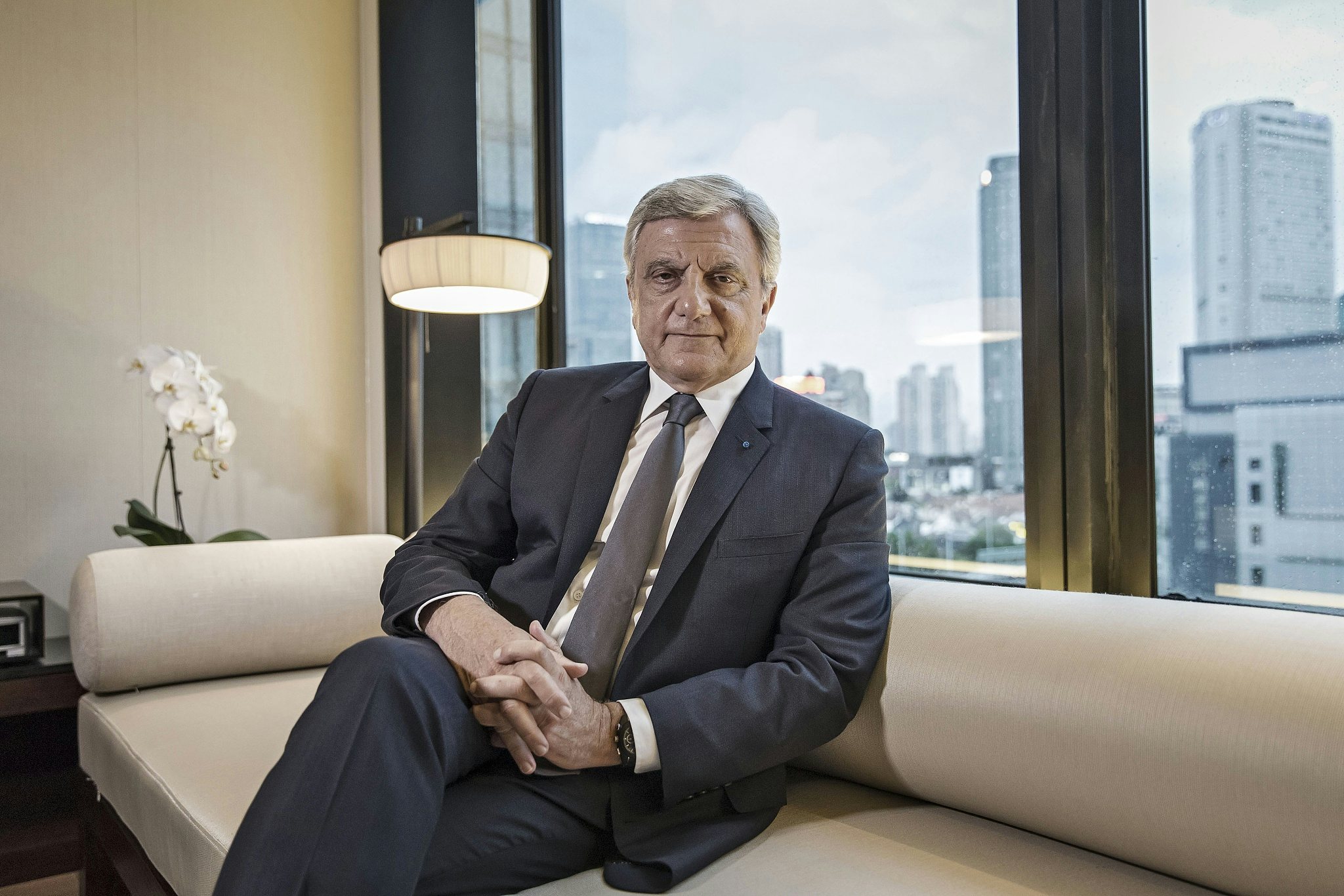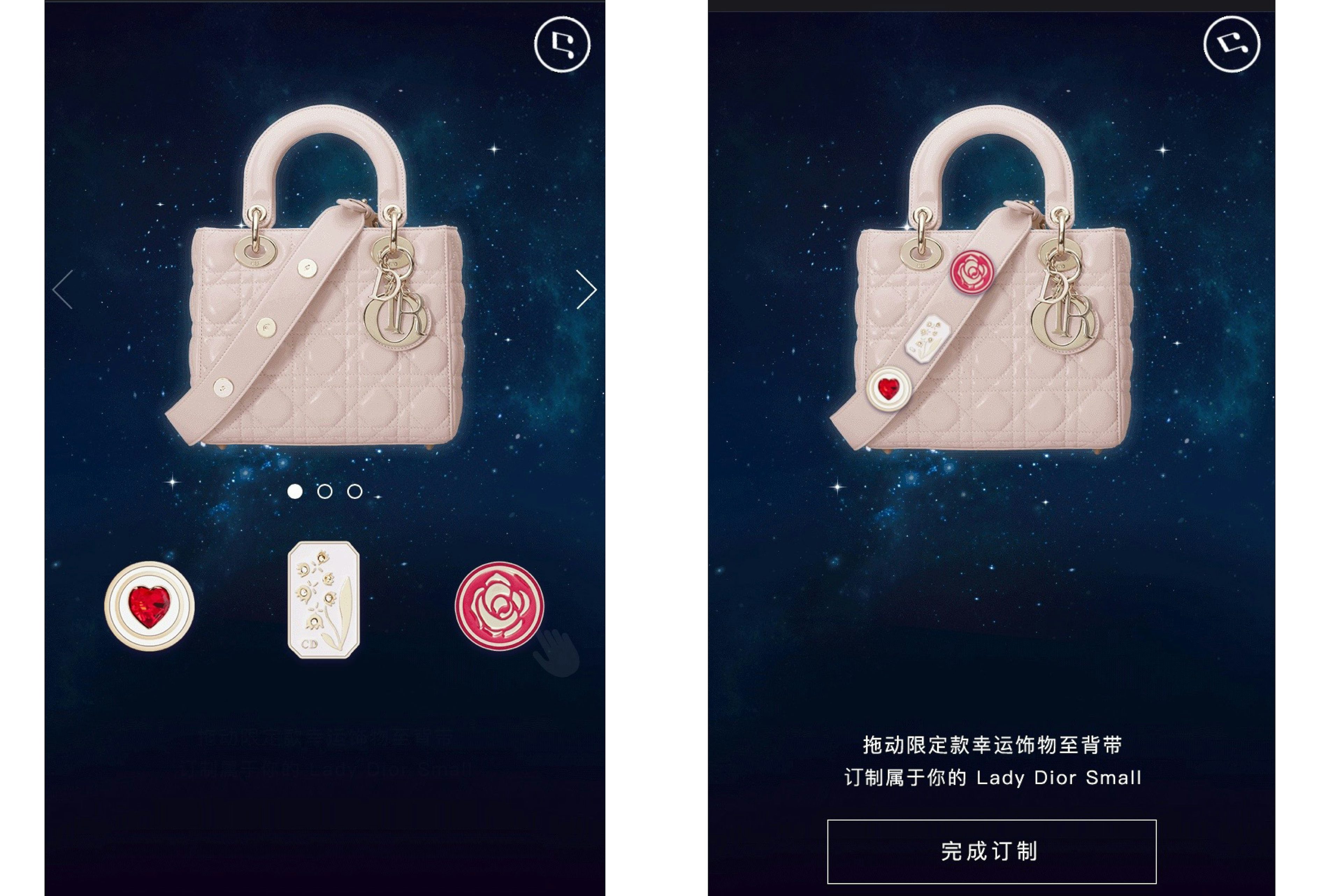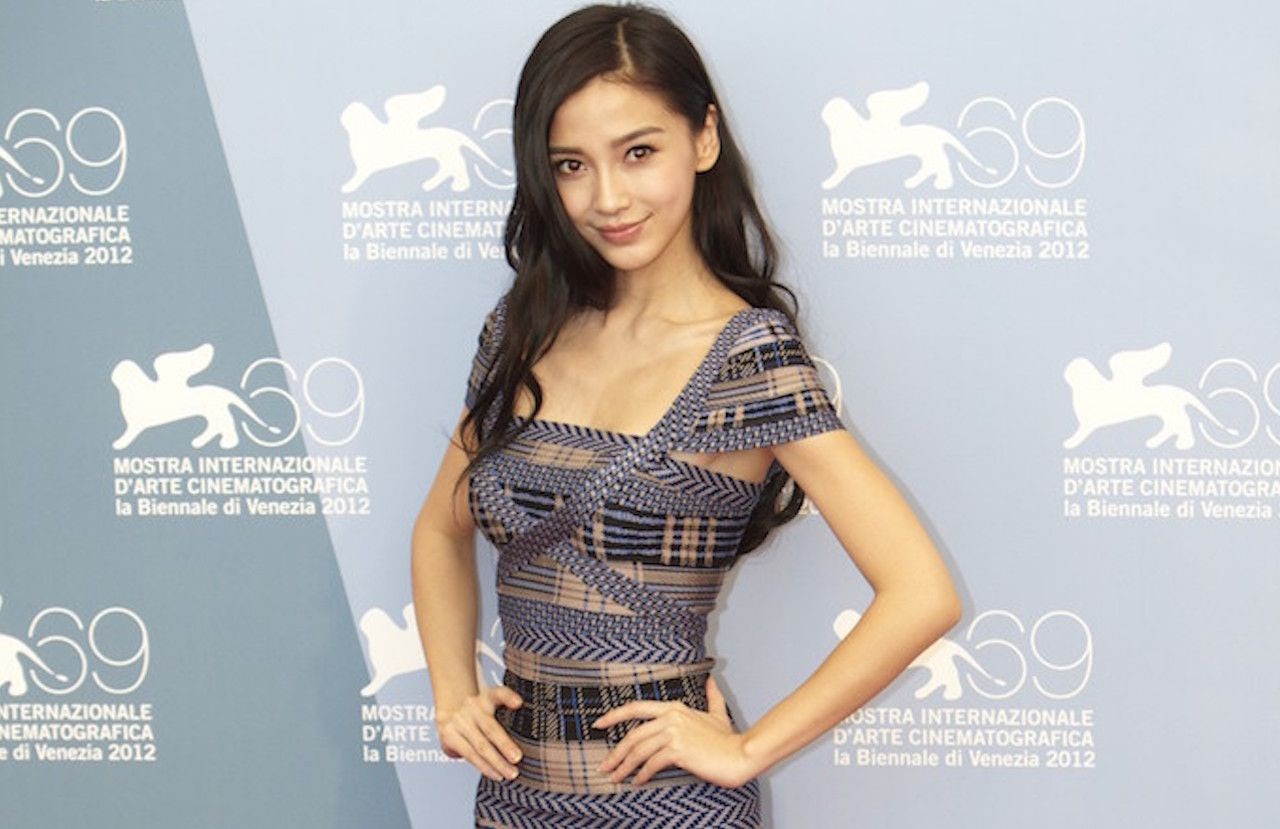China is a growing priority for Christian Dior, according to the Parisian fashion brand’s CEO Sidney Toledano, who did a recent interview with Bloomberg TV in Shanghai.
“When we started in China 20 years ago,” Toledano told Bloomberg, “people said we should start small, with smaller products. But we decided to come with ready to wear, couture, we wanted to start on the right foot."
That decision served them well judging from its recent performance. In April, LVMH bought out minority shareholders of the company for 13.1 billion. Shares of the fashion house have gained almost 80 percent in the past 12 months according to Bloomberg.
Among luxury brands, Dior was one of the early adopters of WeChat as a sales and marketing tool. In August 2016, for the Qixi Festival holiday, or “Chinese Valentine’s Day,” it made special edition bags available only to its WeChat followers. The bags went on sale August 1, and by August 2, all 200 models of the bag were sold out.
The brand continues to evolve. “We have a good positioning," said Toledano, "and we continue to serve the new generation.”
In the effort of looking to ever younger generations of potential buyers, in June 2016, Dior named Maria Grazia Chiuri the first female creative director. Chiuri took the brand’s design in a new direction, aiming to connect with young consumers. This was at a time when Dior's sales had been hit hard by the global luxury spending downturn and consumers' appetite for smaller, original and more local brands.
Determined to reinvent the brand’s image, the company has faced a few challenges. As Jing Daily previously reported, Dior had appointed actress Angelababy the brand ambassador in China, a choice that spurred a massive backlash from the online community who believed that she was too scandalous a representative for the elegant and storied brand. It remains to be seen whether the brand’s choice will jeopardize their relationships with existing loyal buyers or boost its presence among Chinese millennials.
In April, the brand filed a trademark infringement lawsuit seeking a multi-million-dollar settlement from a network of websites in China that sell knock-off goods with the Dior logo.
It was said that Dior has an internal anti-counterfeiting program that has tried but failed to prevent this alleged Chinese network. The company pointed to U.S. government data when it claimed those sites generate more than 100 billion in sales every year, creating lost jobs and tax revenue.
Toledano said Dior’s strong positioning contributes to the brand’s consistent growth. Dior was one of the few luxury brands that did not see demand fall in China during the anti-graft period.


